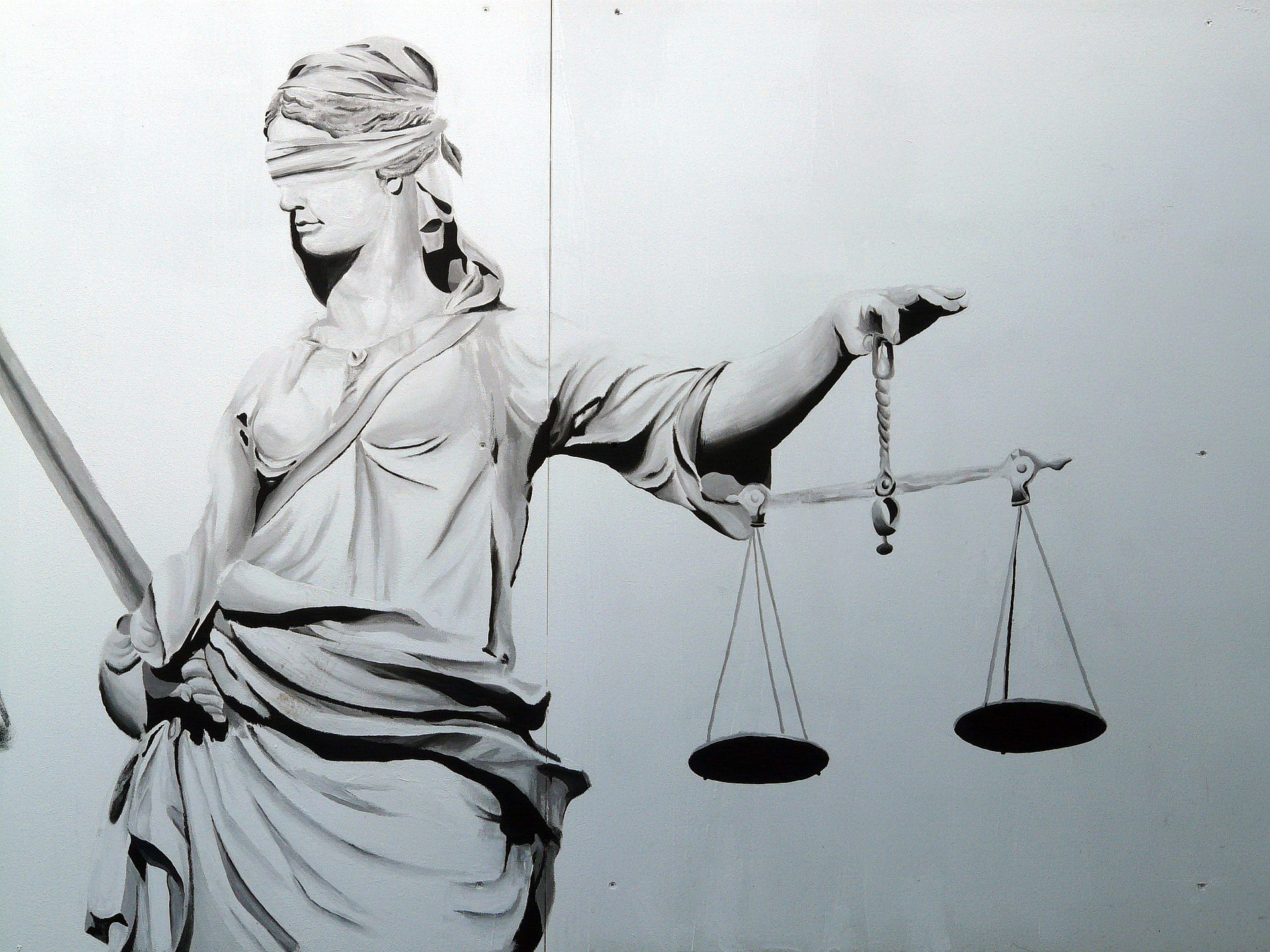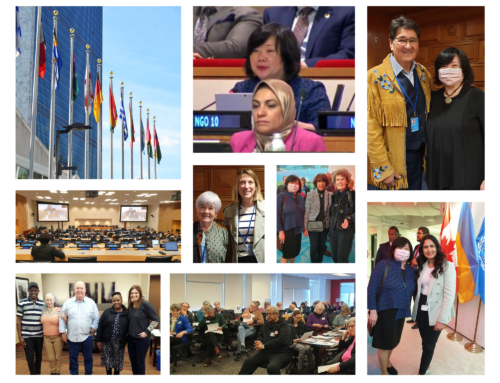The Canadian justice system and its cousins in other countries are designed to help all citizens right the wrongs. People can file lawsuits on contract or property disputes or be represented by the state in criminal matters like fraud or assault. In theory, every citizen or permanent resident has equal access to the justice system and can expect a similar outcome. In practice, we know this isn’t true. Today, we’ll look more closely into justice and the older person.
Older persons and barriers to justice participation
There are barriers in accessing justice. Physical barriers include mobility problems, geographic distance or economic ability. Intellectual barriers refer to not having resources, knowledge or skills to participate. As a result of these barriers, it is hard to get access to the justice system and get the best possible result in the courts.
Older persons face even more barriers:
- Physical barriers in terms of physical limitations, accessibility or transportation
- Cognitive challenges which may need the support of power of attorney or guardians
- Procedural challenges such lengthy trial delays
- Unexpected vulnerabilities which lessen physical or mental ability to take part in the justice process.
Thankfully, work is underway to improve access to justice system for people of all ages. For instance, educational conferences, like the Canadian Elder Law Conference, broaden legal experts’ knowledge and perspectives on aging. Another example is the work by Canadian Action Committee on Access to Civil and Family Matters on Justice Development Goals . Finally, global efforts, such as World Justice Forum, support UN Sustainable Development Goal #16 – “access to justice for all”.
Older persons as justice enforcers
The idea of older persons being wiser than younger ones is rooted in most cultures around the world. Even in the West, where we tend to worship youth compared to Asia or Africa, we are careful to choose judges who have had a long and successful career as lawyers. Supreme Court justices are appointed until retirement age of 75 in Canada and for life in the United States. Canada’s oldest practicing lawyer is Vancouver Island’s 100-year old Connie Isherwood. Ruth Bader Ginsburg, the American Supreme Court Associate Justice, was born in 1933. She has served more than 25 years on the bench.
In indigenous culture, elders embody the indigenous law. The elders fulfill the roles of “judges”, “prosecutors”, “lawyers”, “police”, “juries” and “witness”. The principles of restorative justice have been in practice for hundreds of years. Today, it’s exciting that governments, such as Canadian and Australian, are not only recognizing but also supporting these courts.
Indigenous Court focuses on healing the harm done by the offence and the offender. The judge is an elder who lives by the cultures, traditions, ceremonies and teachings of their people. His or her wisdom, knowledge and ability to help is recognized by the community. Instead of handing down a sentence, the elder allows the offenders to explain themselves and then offers teachings on why they need to move to a different path.
Older persons as justice advocates
When a person has lived for 70 or 80 or 90 years, they have no doubt seen plenty of injustice. A desire to set things right, along with the time and network to do so, means more and more older persons are advocating for justice. Lynn and Lisa, in our This Is Living Series, share their stories of advocacy and fights for justice.
Lisa, a 96-year-old immigrant from Germany, has spent a lifetime fighting for what she believes in. She received a medal from the Governor General of Canada for founding Little Mountain Residential Care and Housing Society.
Lynn was diagnosed with young onset dementia at age 47 and has since worked tireless as an advocate and educator. She co-founded Dementia Advocacy and Support Network in 2001 and later, works with organizations, like Alzheimer Society of B.C. and University of British Columbia. Lynn and other advocates, like Mario Gregorio, talk openly about how family, community support and medical care are important for people with dementia.
Older persons and justice – change is on the way
As more and more people age around the world, older person rights and justice issues are getting more attention and traction. At the Canadian Elder Law Conference, Mario shared his work as part of an advisory group that created the Canadian Charter of Rights for People with Dementia. The charter codified the rights of people with dementia to manage their own lives and receive the support needed, just like anyone else in the society.
The Canadian Charter of Rights for People with Dementia addresses some of the access to justice issues faced by older persons. There are, however, many other issues when older persons look for help to right a wrong. This is why “Access to Justice” is a key topic at the Eleventh Session of the Open-Ended Working Group in April 2020. Submissions on this topic are available for public viewing.
Many thanks to the Canadian Center for Elder Law for inviting me to attend the conference. It was so encouraging to hear about all the efforts underway to enable access to justice for older persons.
Updated: Constance Isherwood turned celebrated her 100 year old birthday week of Jan 18, 2020! Click on the links with her name and you’ll hear here interview with CBC Radio.






